Andreia Fernandes
Hello and welcome to the second episode of our podcast on Systemic Therapies in Endometrial Cancer. My name is Andreia Fernandes and I am the lead nurse in gynae-oncology at the Royal Marsden Hospital in London. Today I'm joined by my colleague Joanne Pearson, and I would like Jo to introduce herself and tell us a bit about what she does and her role.
Jo Pearson
Hello, I'm Jo Pearson. I work at University Hospital Southampton NHS Foundation Trust, and my background is in systemic anti-cancer therapies, as a chemotherapy nurse. I was doing that for ten years and now I am a gynae-oncology clinical nurse specialist.
Andreia Fernandes
Thanks, Jo. So Jo and I are here today to discuss how we can help patients to manage the toxicities that can be experienced by patients that are having systemic treatment in endometrial cancer. So, Jo, I was thinking perhaps we could start by just discussing the role of the clinical nurse specialist in the UK when we support women who are about to start systemic treatment. But how that compares to other medical systems in Europe, for example.
Jo Pearson
So being a clinical nurse specialist in supporting women with endometrial cancer is the best job in the world, in my opinion. I love supporting women with gynaecological cancers. It's a privilege. I think we are there to be whatever the patient needs us to be. So we are their support. We are their sign-posters to supportive services, psychological support. We are able to use our assessment tools, like holistic needs assessment, to work out what information needs our patients have so that we can individualise the care that we give to our patients.
Andreia Fernandes
Absolutely. And I know the role of the CNS has actually started in the UK and when I speak to other colleagues of mine who work in some European countries, I see them looking at us and wanting to do that because I think there's lots of studies that have linked having access to the clinical nurse specialist to their overall oncological outcomes. So I think when you say it's a privilege, I certainly echo that very much.
Jo Pearson
I think we keep our women out of hospital and in their own homes, which is where they want to be as much as possible. But we are also able to assess our patients and know when they need to be in hospital and receiving really good hospital care.
Andreia Fernandes
I know that in Europe they may not also have the same setup in terms of the medical colleagues. So in the UK you have the medical oncologist. They will perhaps look mainly at chemotherapy and we have clinical oncologist that will deliver radiotherapy and oncology. And I think that setup has also allowed the nursing to mould themselves into being a bit more familiar with one pathway rather than others. But in gynaecology, because our patients, particularly in endometrial cancer, have pretty much all of them. I think that the CNSs are particularly well placed to be that source of information and support.
Jo Pearson
Absolutely. So, Andrea, who might we expect to be supporting as they receive systemic therapy and how can we help our patients prepare for that?
Andreia Fernandes
Yeah. So I think chemotherapy is likely to be used in women that have endometrial cancer when the cancer is of a more advanced stage or perhaps when they have a more aggressive type of cancer from a histological point of view. We know the majority of our patients with endometrial cancer will have had surgery, that tends to be the first treatment. But if the disease is more aggressive or has spread, then there will be recommendation to have additional treatment. That may be chemotherapy alone but also chemotherapy in combination with radiotherapy and brachytherapy.
So when we think about our typical patient with endometrial cancer facing systemic treatment, in this case chemotherapy, this will represent very much a woman that will be heavily treated. The patient tends to be a woman who is post-menopausal, perhaps experiencing or living with some comorbidities such as diabetes, hypertension and in some cases obesity. And we know those conditions will all be drivers for the development of endometrial cancer.
But what we are seeing also is much younger patients being diagnosed with endometrial cancer. So some of these patients may not have completed their family. So they will also be coping with the prospect of not being able to have further children or in some cases not being able to have children. So there is a lot of psychological morbidity that some of our patients will be living with.
And I think the other thing we mustn't forget is for many of those patients, this will be the scariest time in their lives. This is the first time perhaps have been told they have cancer and the worry about what's going to happen in the future is always there. And that experience is quite unique to them and very often compounded by their personal situations and in some cases by their previous health history. And also, in endometrial cancer chemotherapy can be given, as I've mentioned, as part of the first treatment. But for some women, this is only going to be delivered if they relapse. So not only [are they] coping with what it's like to have a relapse of cancer and what that means for the future. But also, they're having to embark on a treatment that is often associated with not feeling very well.
And I think the other thing that's really quite true for patients - they always worry about the cancer re-occurring even as first line or relapse setting, they are always worried. And I think everything clinicians and nurses do is also to minimise that risk.
Jo Pearson
Yeah, and I think that we've also got some really good tips just encouraging a little bit of extra physical activity before they start any of the treatments that we're going to be recommending and us supporting them with that and signposting to local services. So we, for instance, in Southampton have somebody that we can refer to that will assess each individual and will develop a fitness plan and that can just be trying to walk for 30 minutes five times a week as we recommend, trying to incorporate a healthy, balanced diet. All these things can make such a difference to patients, but also it can mean that they feel that they have power over what's happening to them.
All right. We now have an idea of who we will be helping manage the challenges of systemic treatment for endometrial cancer. As things stand, platinum based chemotherapy is almost universally used as the first-line systemic treatment. What can our patients expect in terms of toxicity from a typical carboplatin paclitaxel regime? And how can we help them prepare for the treatment and support them during it?
Andreia Fernandes
My experience is that the most common side effects for that combination are hair loss, which will happen to everyone, fatigue, to a degree allergic reactions that can happen at the time, the time of the infusion being delivered, but sometimes some later reactions. And if that happens, you have to drop treatment, you often have to use medication to minimise the impact, to make sure it's safe to proceed at that stage but some women will have to come back for another infusion. Some women will also see changes from a GI point of view. So they may be experiencing constipation or diarrhoea. And this can be a combination of the consequence of the drugs itself, but also some of the other drugs that we use to make sure the patients are not feeling sick and some of the antiemetics that they have at the time of their chemotherapy. Because of the paclitaxel, we see quite a few women talking about peripheral neuropathy. So these will be women who will report numbing or pins and needles in the fingers and toes and sometimes a bit more, it can affect their legs. But also haematological toxicities such as neutropenia or anaemia or thrombocytopenia. So some of these haematological toxicities, will have to be dealt with and there are thresholds to proceed or not proceed with treatment. But women can also report symptoms such as dizziness and just not feeling quite right. You know, there is this expression of the chemo brain, having a bit of a fog in their heads and not being able to concentrate the same way.
So I would say those are the sort of symptoms that I see in the chemotherapy clinic being reported. Of course, we have some rarer ones that will affect your cardiac systems or symptoms such as congestive heart failure or left ventricular dysfunction. But that's not certainly something we will see regularly.
Jo Pearson
I think from a psychological point of view, the paclitaxel has a particular impact because of the hair loss. But of course, there's a lot we can do to help patients cope with that by making sure they have early access to wig referrals. So that's in place before her hair is lost, you know, also education. So patients know what to expect, when to expect it, so they're not as devastated. I'm sure it's still very devastating for them. But having that input, talking through it, giving them the option to phone you and talk it through again if they're finding it upsetting. And referring on to our cancer centres, for instance, that offer complementary therapies, which can be of real benefit when patients are very anxious about side effects.
I think the peripheral neuropathy is one that I see that has a huge impact in the long term, and especially when we're thinking of moving on to other treatments in the future. And we are also, you know, we probably see about 10% of patients that have allergic reactions to paclitaxel. And of course, for this group of patients, they really need the paclitaxel for it to have any impact on their cancer so that can be quite troublesome.
But we have an excellent way of supporting these patients in the UK. So we have our acute oncology service that is nationwide now in the UK. And that is a 24 hour a day, 7 day a week service that is staffed by people that have expertise within cancer care. And that is a number, even if us fabulous nurse specialists aren't available, that they are able to access advice no matter where or when. A lot of our job is giving patients confidence to use those services and say, you know, report things at the early stage so that we're able to put things in place to help you overcome those.
Andreia Fernandes
One of the things I learned a bit through my experience is to provide patients with a time line of when the side effects are likely to happen. If they happen, they tend not to happen all at the same time. So talk that the three weeks in between their treatment they're likely to have days in which they don't feel very well and others when they feel very well. That the majority of the side effects are reversible. So if at any point they become unbearable, it's possible to stop the treatment, obviously no one wants that, and the majority of those side effects will be reversed. And I think sometimes just by giving an option, even though we don't think ultimately it will be a good option for the patients from a prognosis point of view. Giving that option in a funny way, really gives patients a little bit of control
I also feel they worry at times to ask us questions. So saying that there are no silly questions, you can ask me anything, whatever you want to ask. So I had the patient once asking me if she could paint her toenails. She was really, really worried about it. And I remember thinking, oh, okay. So she said, Andreia I've been thinking about this for such a long time. I know chemotherapy can also affect your fingers. Can I do it? And you know, I wish you had asked me this before. I could probably put her mind at rest
So Jo we talked about chemotherapy. Most of our listeners probably have quite a good level of experience with chemo. But what about new treatments like immunotherapy? How do we help support patients that are due to start this type of therapy?
Jo Pearson
So certainly, I think it starts with us assessing our patients, understanding their information needs. So we in Southampton, we prepare all of our patients by referring them to our immunotherapy workshop. We have a chemotherapy one as well, but we have a separate immunotherapy one. I think currently these are very new and exciting treatments that we are introducing for our endometrial cancer patients. And as nurse specialists I think we're still a little bit scared of immunotherapy and the side effects of immunotherapy. So obviously, we don't want to let our patients know that, necessarily, but it's about making sure they're aware that small changes in how they are feeling really need to be reported back because what we know with immunotherapies, of course, is that patients, if they report side effects late, potentially the treatment might need to be stopped if the grade of toxicity is sort of three or four. So making sure patients report any problems earlier and educating patients to that means that their treatment's likely to continue. Patients really worry about these immunotherapies continuing in my experience. In the office across from me, I have the melanoma team, the CNS team, and of course in melanoma they've been using immunotherapies for a very long time. And so we often seek their assurances that we're giving the right advice to patients.
We have sort of alert cards that are given to patients so they know the most serious side effects to be looking out for. So we're using pembrolizumab and lenvatinib as a very new combination. And those drugs, we're seeing a lot of diarrhoea and so managing that is quite tricky. Often I think we're referring our patients on to our acute oncology service, maybe sooner than we might with our chemotherapy patients, because we are concerned about the risk of colitis, the risk of diarrhoea. So we are asking our acute oncology service to assess our patients and then often what's happening is the lenvatinib is being sort of halted and that seems to be having a really, really helpful impact on patients continuing with treatment. And then when the diarrhoea is resolved, often with our medical colleagues' advice of course, they're able to [re]start the lenvatinib.
So yeah, it's complex. We need more experience with the immunotherapies, but it looks like we're going to get that. And also, you know, one patient I had recently that had a very awful reaction to the carbo/paclitaxel was able to switch because she'd had paclitaxel, actually it was second treatment, but because she had the paclitaxel, we were able to switch her straight over to the pembrolizumab and lenvatinib. But I think in the future we'll probably be giving this as first-line treatment, and I think that will impact the care that we give hugely, because these treatments tend to be better tolerated than our chemotherapy in our experience.
And so just making sure we've got safe practices by doing baseline hormone levels, for instance. So we see quite a few thyroid problems so we can pick those up with blood tests pretty easily. Skin problems are a bit of an issue. So just making sure people are moisturising skin, we do that in the sort of pre workshops, making sure that they're using moisturisers, mouths can be very dry with all of these immunotherapies. So making sure they're sipping on water, recommending things like that, mouthwashes. You know, there's lots that we can offer.
I know that that you have quite a bit of experience with this as well Andreia, so what are you finding?
Andreia Fernandes
Yeah, I certainly have been encountering a lot more thyroid dysfunction. So the fact that we're having baseline cortisol levels and thyroid function tests as well as your usual biochemistry and haematology before patients start and then having it repeated to the given frequency, has really allowed us to spot changes in the absence of symptoms. And I think that's the other conversation we're having with patients is a lot of you may not actually have a symptom per se, some things will only be picked up on blood tests. And I think for patients when they feel really well and they’re having to interrupt treatment is a really let down. So like you said initially, I tend to just say it's much better that we're able to interrupt for a period of time, make sure all of this recovers, treat with additional treatment if necessary, but then be able to resume without compromising the number of treatments you receive.
The other thing I found is this amazing acute oncology guidelines on when to interrupt and when to stop treatment. That has really helped. Having that clear for each potential toxicity has really transformed our practice. We're not having to know it all by heart. But also you talked about your melanoma colleague. I think it's about building a network of experts. So whether that's a dermatologist or a gastroenterologist or a nurse specialist, they’ve seen it pretty much all, we really come together so we can call on friends when we're stuck.
Jo Pearson
So what about those patients who aren't fit enough for disease modifying therapies, some of whom may be eligible for hormone treatment? Andreia, what can you tell listeners about management of these patients?
Andreia Fernandes
So in my experience, the most commonly used hormonal therapy drug is the medroxyprogesterone acetate. So we tend to use that drug very regularly. It is used when the patients are not fit for surgery or when they have exhausted all available systemic options. Sometimes they just need a bit of a break. We know something else is coming through the pipeline, so we want to buy them a little bit of time.
That can also be quite a tough time for patients because we are telling them that treatment options are limited. So they're having to really weigh up the pros and cons and going through yet a different treatment, more side effects versus the prospect of having their life shortened by the cancer. It's also tough for the relatives and loved ones and friends who perhaps we got to know really well over the years.
But despite that, in my experience, hormonal treatment tends to be well tolerated. You know, we've seen patients on those drugs for some years and of course they have side effects. But we often we say the aim of that treatment is to stabilise. In some cases, we actually see a reduction of the tumour size and that's wonderful when we see. But there are some side effects. But with this type of drug, not all side effects are negative. Certainly that's what my patients are telling me. Some might actually may notice they have increased appetite. It's been compromised before and as a result of that some might actually gain some weight. In cases where weight gain is certainly not something we look forward to, that's definitely not something that we want and obviously, if possible, try support them with that.
But the other side of the coin here is about some of the less pleasant side effects, such as worsening of some menopausal symptoms such as flushes, fluid retention and in some cases hair thinning. So, you know, it's always way up with that. And in terms of how you can manage obviously menopausal symptoms, you try to use non hormonal options, obviously something we always tend to prioritise in the context of endometrial cancer. But hair thinning is a tough one to improve and if a woman is already having less hair than usual at that age, if they're a bit older, having less of it may not be something that they're ready to accept.
So I think the balance about what the quality of life is for these patients on treatment versus off treatment. But as a general rule for me, I would say well-tolerated and we can really see some patients do very well. In my practice, we tend to review patients four weeks after they started their hormonal treatment just to say how are they going, how are they getting on with their treatment and whether that's something they are tolerating or not. We know that hormonal treatment tends to have much lower responses, so we're not planning any scans to assess response for sometimes three months or a bit longer. But knowing they're not any worse than they were at the start of the treatment, I think has been very reassuring for us for sure. Is your experience similar to this?
Jo Pearson
I've found very similar. I think some women that have the hormone therapies find the menopausal symptoms particularly hard because often their menopause is a little while ago and now they're hot flushing again. And the fluid retention is something I definitely would agree we see quite frequently, which can be difficult, painful, especially in the summer when it's hot. And some women I know that probably would have benefit want to give up quite quickly. And so supporting them to try and keep up with it for a few months until they can have imaging and can maybe see a benefit is part of what we do and I agree we tend to give our patients follow up calls. We do it about six weeks after just to give them some advice really about managing any side effects that they're experiencing.
Some women will, of course, choose not to have any treatments and I think that that's okay and I'm always very supportive of women that make those decisions. However, it's very important to make sure that they're making an informed decision and that they, at this point in their pathway, that they aren't depressed because they've been through lots of treatment modalities and that they have the support to continue with the treatment if that's what they want.
I haven't seen any of the particularly rare side effects that are noted with the hormonal therapies. Andreia I don't know whether you have? I mean, I've seen the general malaise, but certainly not jaundice. I can't remember seeing a jaundiced patient. I'm sure that happens very rarely, but I haven't seen it. And heart attacks, I can't remember anybody that we've had on the hormonal treatment that I remember having a myocardial infarction. But, you know, patients often focus on these serious side effects. So it's just giving that reassurance that that's unlikely to happen and that we haven't seen that in practice. However, it is a side effect that's been noted within the literature.
Andreia Fernandes
I think sometimes in this setting as well one thing we might start thinking about is about involving our community palliative care teams. If a patient's not responding to that or if we think that there are already some symptoms that the hormonal treatment might need to address if the patient responds, but it may not be for quite some time. I think sometimes involving the community palliative care teams has been quite helpful for some patients.
So we've been talking for a little while now. We talked about chemotherapy, immunotherapy, hormonal therapy. So quite exciting times for endometrial cancer. A lot of new things coming through. And I hope some of the tips that we have shared with the listeners might be something to take home. So if we could think of some of our take home messages, what do you think they would be Jo?
Jo Pearson
That the role at the CNS is vital for supporting patients and it's a role that's privileged to be in. And that, for patients, please, please use us. Please, please call us. We want to help in any way we can. I think we've definitely worked out that there are side effects to all of the treatments that we've discussed, but it's about with our support, we can we can help patients navigate those side effects and improve things.
It's very rare that we have to stop treatments really before we want to. And with good management strategies, we really don't need to. And I think our acute oncology service has certainly helped us keep people safe whilst having these very powerful drugs, all of them really. And so, yeah, I think it's all about the support that we're able to give our patients that helps them get through it.
Andreia Fernandes
I would agree, certainly. The other important thing - as this is such a stressful time for women, every time to come to clinic and perhaps lots of new information is given, that we are able to supplement patients with written information about the side effects that can refer to once at home and they can share with their families.
And I would say also involve the family. It's a long process for many of these ladies. They will be on treatment sometimes for years. We got to know them really well. We've seen families growing and having grandchildren some in some situations, so we get to know them really well. So I think working with them as well, that will help us spotting any differences. So always, you know “How is your mum doing?” I think that's always quite good questions to ask.
So it's been a real pleasure to record this podcast together with you Jo, so thanks so much. Before we close, I would like to invite everyone to listen to the other episode of this podcast to hear from two world leading physicians, Domenica Lorusso and Mansoor Raza Mirza on the current state of the art in systemic therapy and what we can expect from future trials in endometrial cancer. The full series is available on the cor2ed.com website and on your preferred podcast platform. Thank you and goodbye.


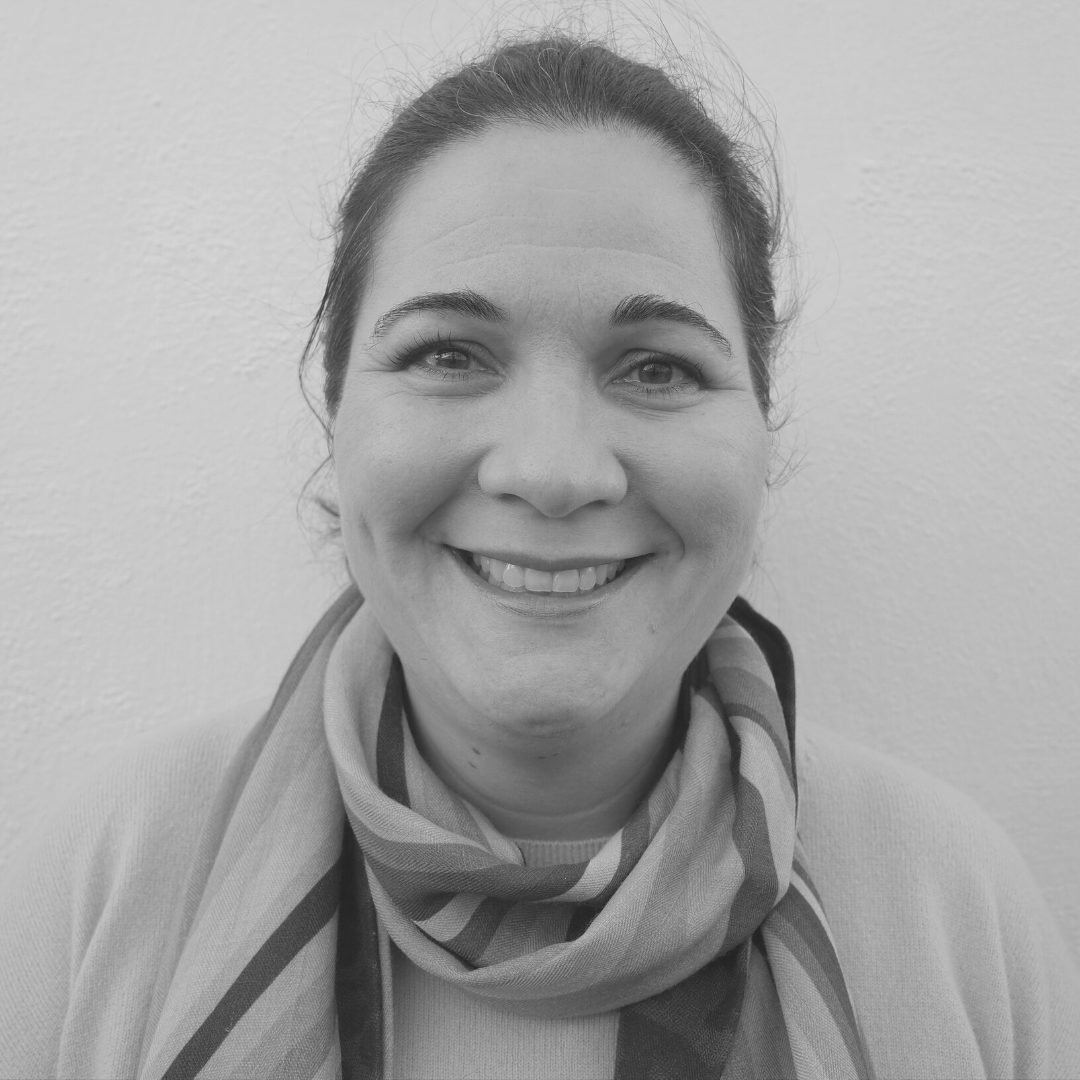
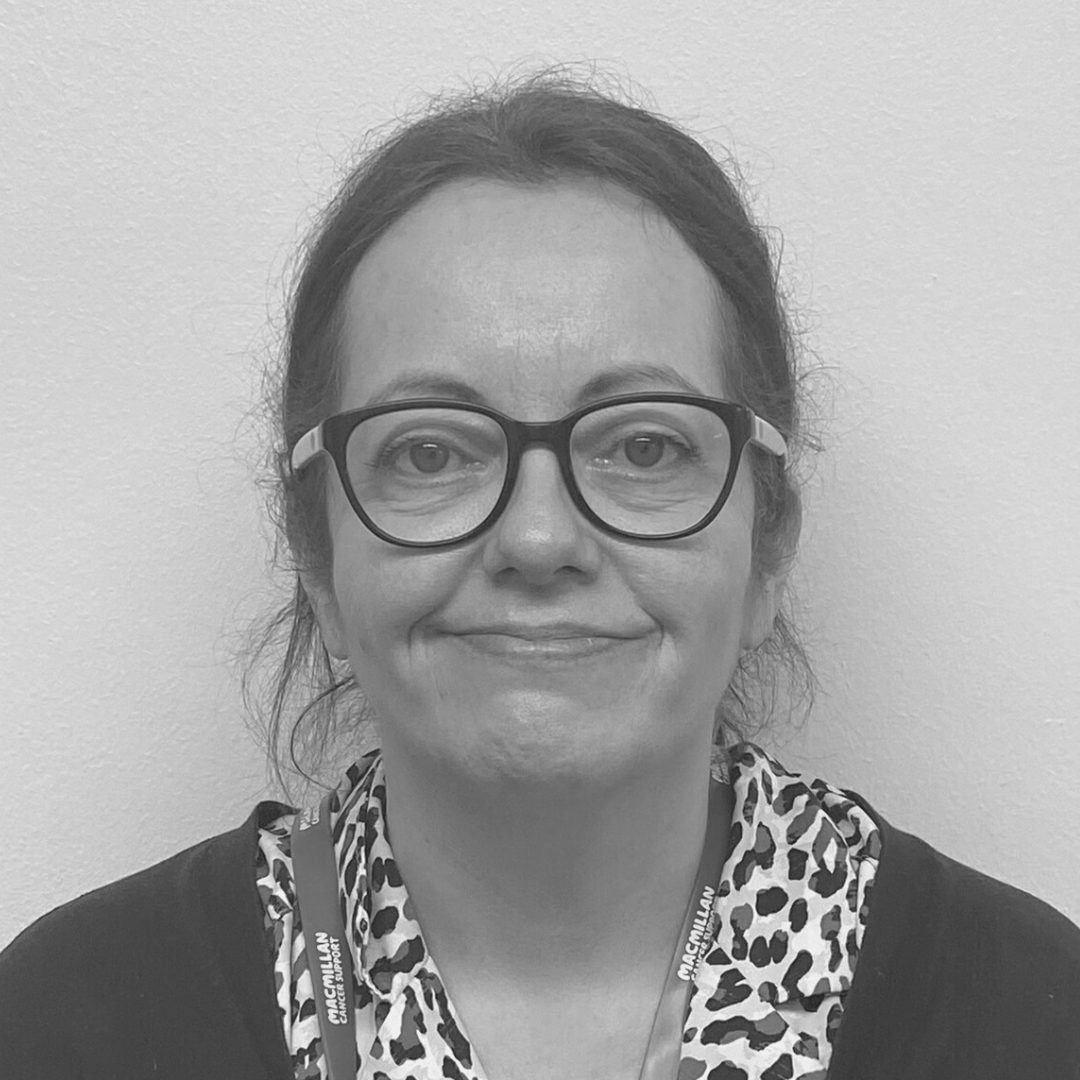


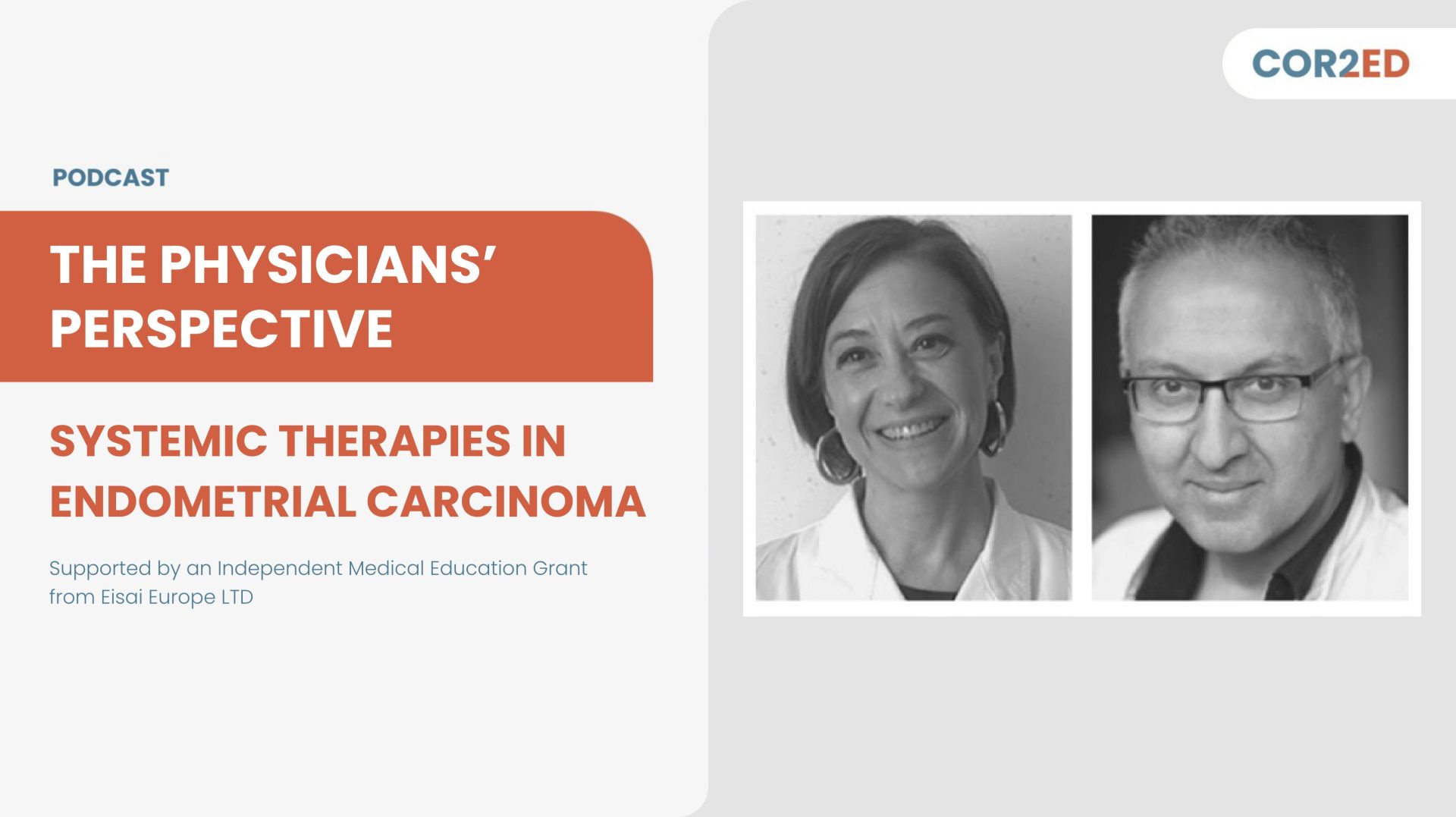
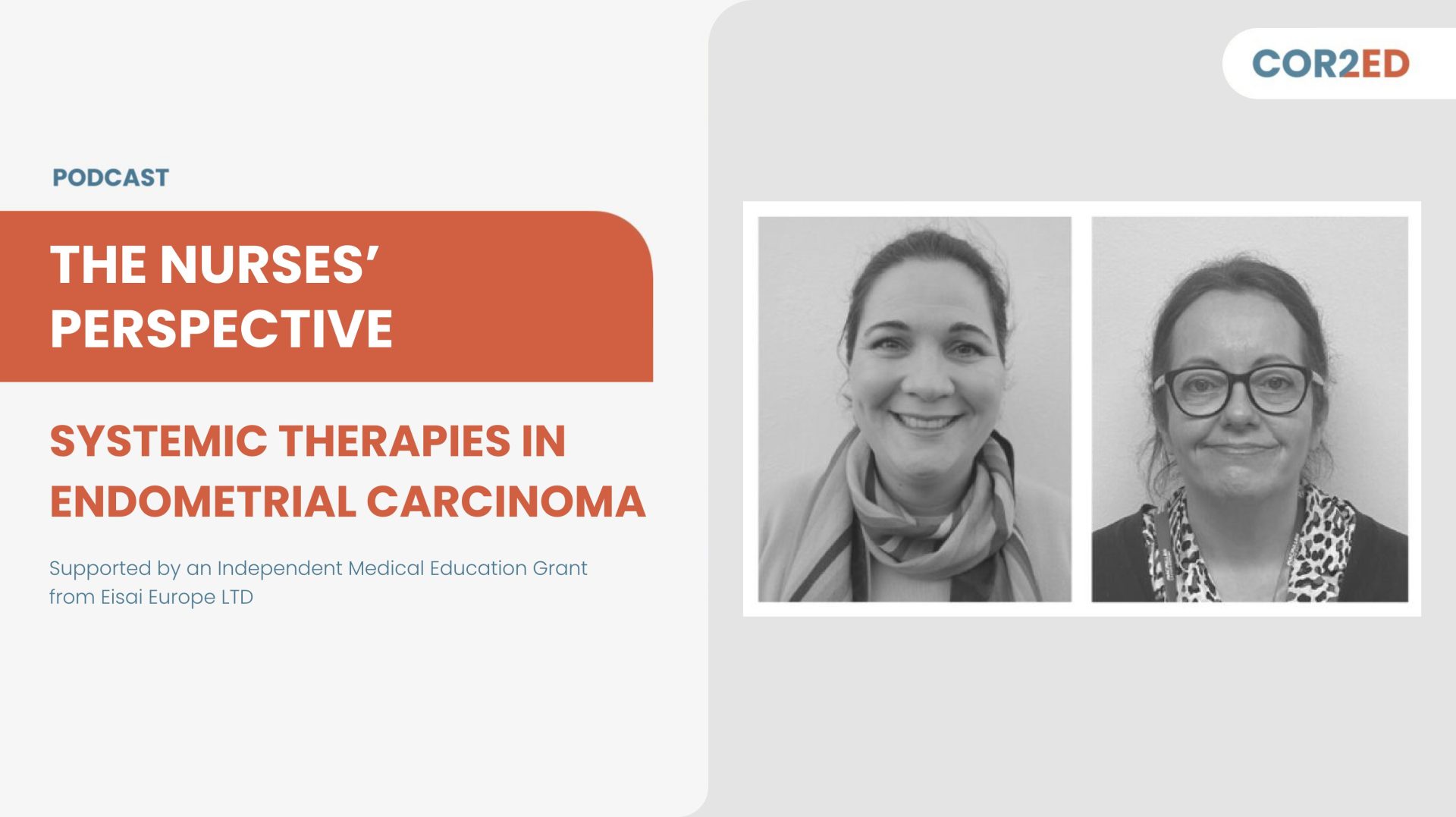
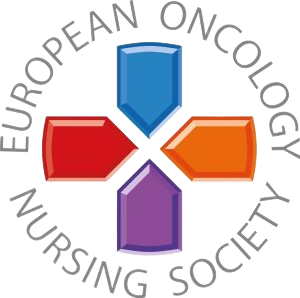



 Downloadable
Downloadable  20 MIN
20 MIN
 Feb 2026
Feb 2026 







